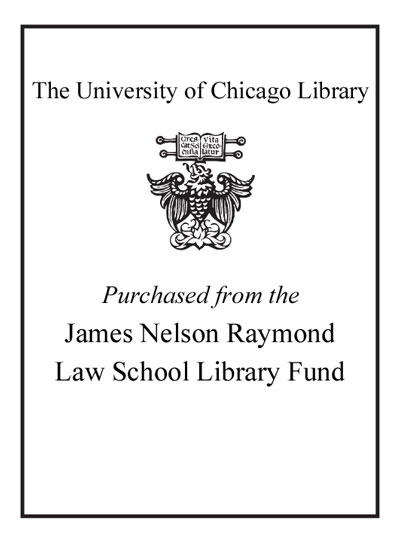Review by Choice Review
Engle (law, Univ. of Texas, Austin) critiques the priority given in criminal law to wartime rape of females. She believes the prevailing focus has not made a dent in the problem, while it has meanwhile reduced attention to the women's peace movement and Third World feminist activism with respect to inequality and imperialism. She objects to the tendency to view males as monsters and deny women agency by presenting them as passive victims. Engle further notes that Hutu women were active in the genocide carried out against Tutsi people in Rwanda, even engaging in rape of females with the aid of various objects. She writes that sexual violence against females in war is not as great a crime as the death or disappearance of others, and does not necessarily have to be seen or experienced as lasting shame and trauma. Citing accounts of Yazidi females who endured rape by male members of the Islamic State Group but found means of coping and even developed solidarity and activism, Engle critiques the pattern of focusing on wartime sexual violence in order to call for more violence through military intervention. Although this book is well researched, creative, and provocative, its style will make tough reading for most undergraduates and the general public. Summing Up: Recommended, Graduate students, faculty, and professionals. --David P. Forsythe, emeritus, University of Nebraska
Copyright American Library Association, used with permission.
Review by Choice Review

